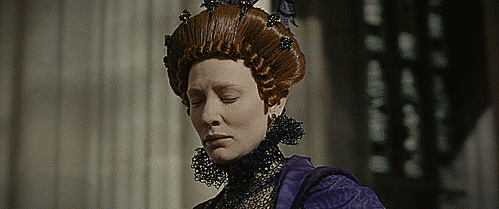Strategic Leadership Analysis
Elizabeth archetypes maintain stability by orchestrating talent and signaling strength subtly. You combine patience with flair, knowing when to pause, when to strike, and how to keep allies invested.
Strengths
- Keeps disparate stakeholders aligned without direct confrontation
- Owns narrative and symbolism to reinforce legitimacy
- Delegates to capable lieutenants yet retains final say
- Thrives in complex governance structures
- Blends caution with boldness when timing is right
Pressure Points
- May delay decisions to maintain harmony
- High vigilance can create emotional distance
- Relies heavily on trusted inner circles
- Susceptible to analysis paralysis in crises
- Needs transparent succession plans
Relationship Operating System
You value loyalty and discretion. Partners who create safe space for vulnerability keep your composure from becoming isolation.
Deployment Zones
Executive leadership, governance, brand stewardship, crisis communications, cultural institutions
Leadership Lessons to Apply Today
Share more context with allies. Schedule protected time for intuition and personal joy beyond duty.



